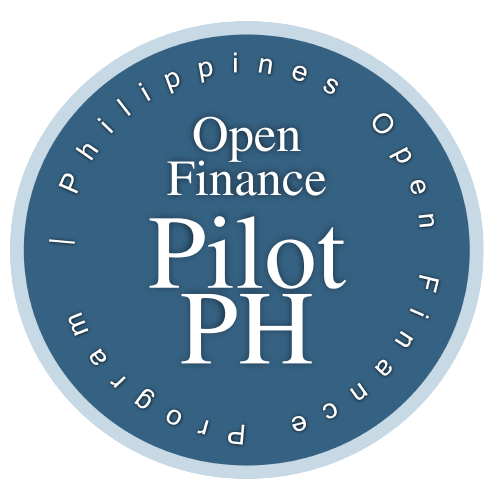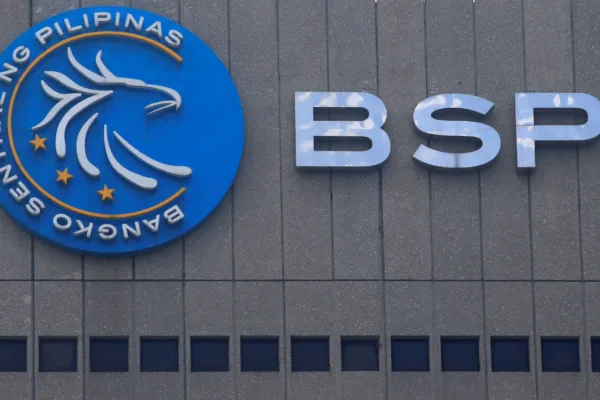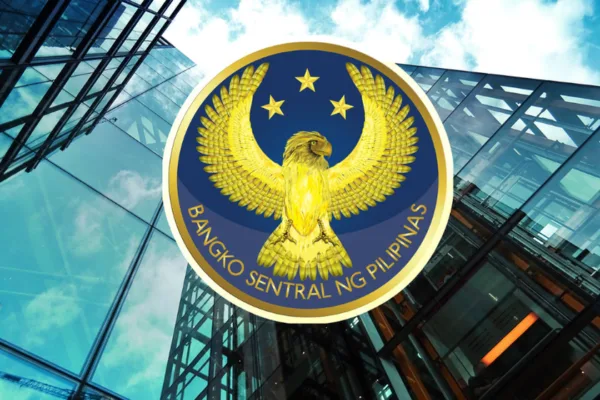The financial landscape in emerging markets is undergoing a great shift. In the Philippines, the Bangko Sentral ng Pilipinas (BSP), in collaboration with the International Finance Corporation (IFC) and the World Bank (WB), unveiled the Open Finance PH Pilot last June of this year – a monumental milestone in the establishment of an open finance ecosystem within the country.
The innovative notion of open finance has the potential to change the financial landscape in countries such as the Philippines. With approximately 70% of Filipinos still unable to access formal financial services, the Open Finance PH Pilot appears to be a ray of hope, a catalyst of change capable of bridging the gap and extending access to financial services to people who have long been unbanked and underserved, while encouraging greater collaboration among financial institutions.

Empowering Through Open Finance
At its core, open finance represents a significant transformation in how financial services are accessed and supplied. It is a concept that allows users to share their financial data with third-party providers, primarily fintech firms, in order to gain access to a wide range of new financial goods and services.
Open finance delivers critical financial services to the unbanked and underserved, such as savings, payments, loans, and investment opportunities. This significant transformation in the financial environment coincides with heightened sector rivalry, driving innovation and hastening the development of superior financial products and services. This competitive surge benefits consumers through improved offerings, cheaper pricing, and higher service quality.
Facilitating Credit Access and Enabling Total Financial Management
One of the most appealing characteristics of open finance is its ability to democratize credit. Consumers may now obtain loans with greater ease and at cheaper interest rates than traditional banks, making it a powerful economic growth and stability stimulus.
Furthermore, open finance provides users with a comprehensive perspective of their financial landscape by providing a consistent platform for managing assets across several accounts and institutions. This promotes financial knowledge and prudent financial management.
Encouraging Financial Innovation and Entrepreneurship
Open finance naturally promotes innovation in the financial sector. Fintech firms now have the ability to create custom financial products and services that address the specific demands of consumers. This, in turn, leads to job creation and entrepreneurial opportunities, which contribute to economic growth.
The Role of Digital Payment Companies
Digital payment companies are essential to the open financial movement. These companies offer digital wallets or e-wallets, which allow customers to store money, conduct transactions, and access a variety of financial services via their mobile devices. By adhering to open finance principles, digital payment providers provide consumers with a wide range of financial options that outperform traditional banking experiences.
For example, our company, Mocasa, the Philippines’ first virtual credit wallet, can make microloans available to customers who might not be able to get a loan from a regular bank owing to a lack of credit history or collateral. Furthermore, in an age when every transaction can be recorded and traced and transparency is essential, access to credit scores is critical for consumers so that they may manage their creditworthiness more skillfully and make educated decisions.
As an authorized Accessing Entity (AE) of Credit Information Corporation (CIC), Mocasa users can now gain access to a wide range of financial services, including personalized credit reports, credit scores, and credit monitoring. Mocasa and CIC are set to redefine credit management and payment solutions by combining our strengths and skills, resulting in financial empowerment and inclusivity.
In Conclusion
For growing economies like the Philippines, open finance represents a massive opportunity. It has the potential to provide greater access to financial services for the unbanked and underserved while also driving innovation and competition in the financial sector. Digital payment companies play a crucial role in this as they are the architects of this shift, providing consumers with a broad array of financial products that extend beyond the traditional banking landscape.
As emerging economies embrace open finance concepts, they are not just boosting financial inclusion but also igniting economic development and prosperity engines. Empowerment, innovation and the promise of a more inclusive and successful financial future for all characterize this transformative path.








